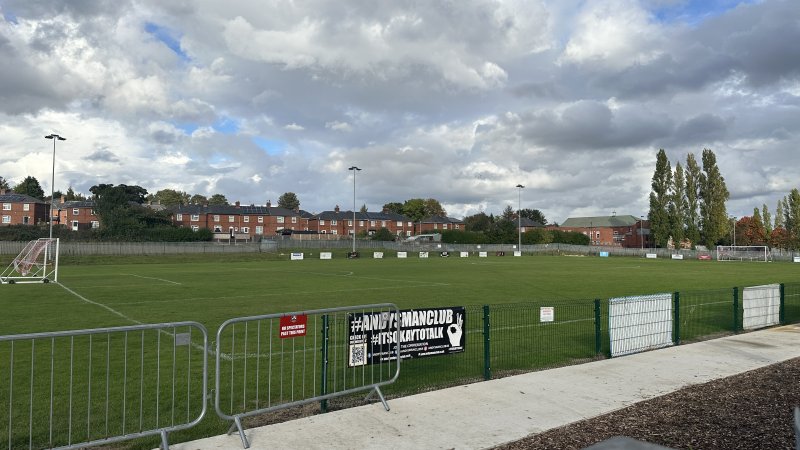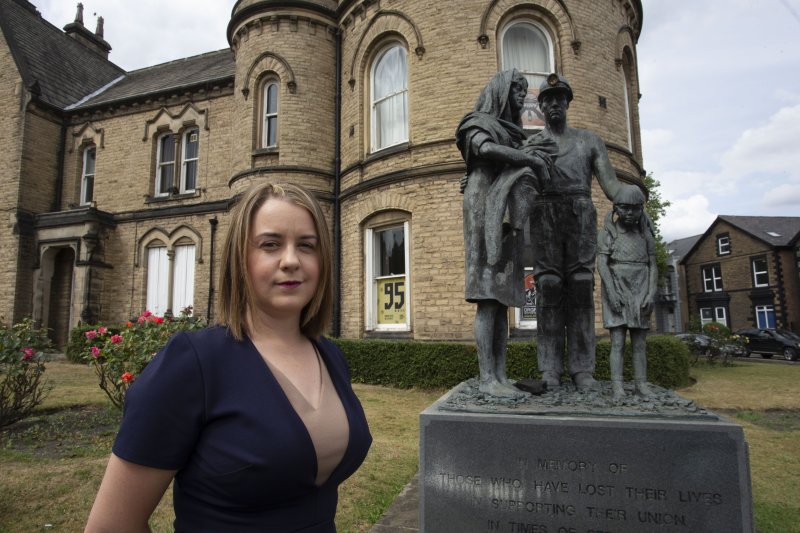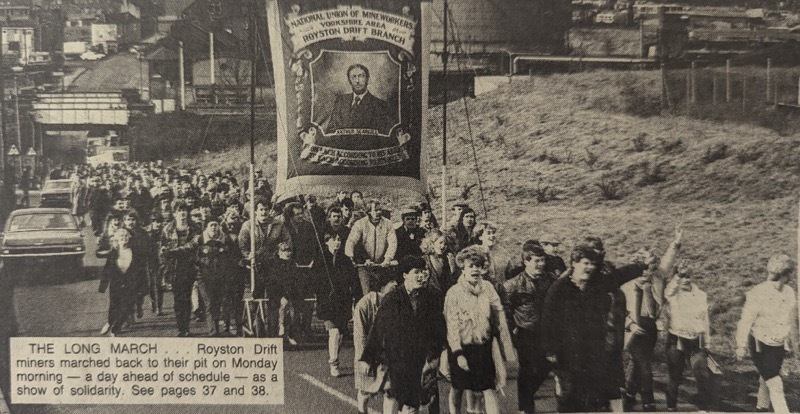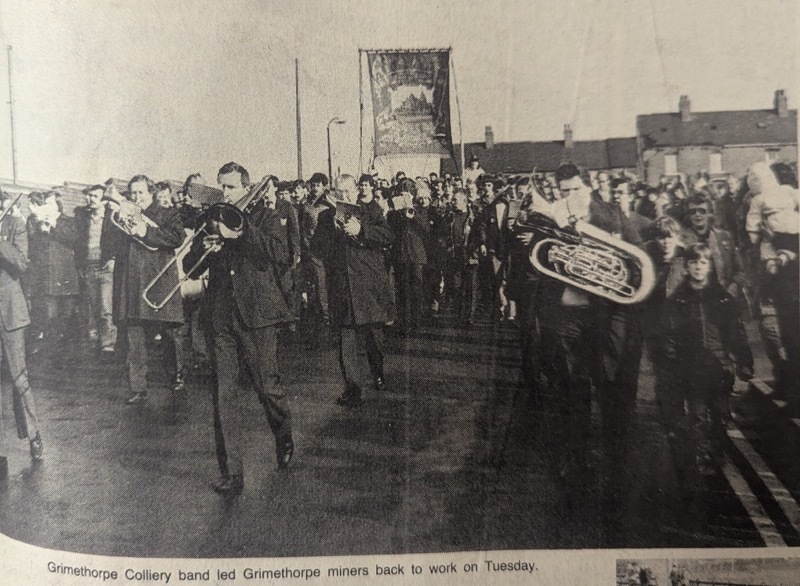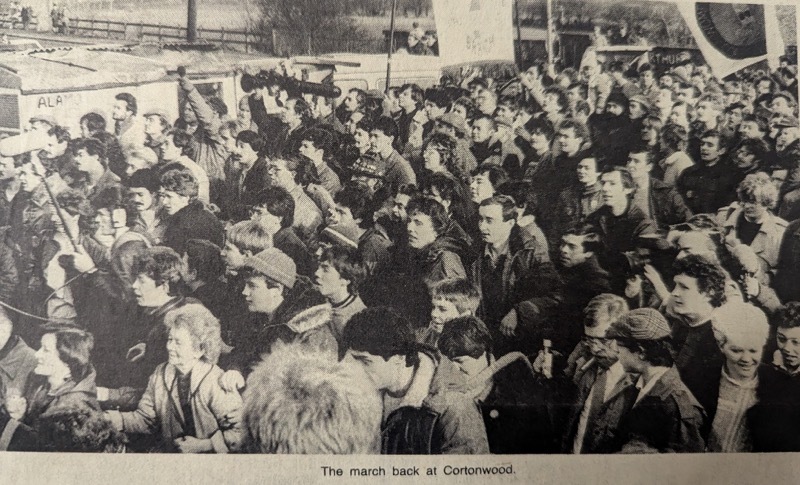HISTORY was made 40 years ago when the tumultuous, year-long miners’ strike - where thousands of workers downed tools in a fight against Margaret Thatcher’s government - came to an end.
Mining communities across Barnsley were rocked in 1984 when the Conservative government backed plans to close down pits across the country.
The proposals were expected to put 20,000 people out of work, and following a walk-out at Cortonwood Colliery - when miners learnt there were plans to speed up the closure of their pit - staff across the country took action and went on strike.
It has been described as one of the most significant industrial disputes of the 20th century and by the end of 1984 - due to arguments over union votes on the strike - the national strike was ruled as illegal.
Police were called to action to protect the pits’ assets and by the beginning of 1985, as union funds continued to fall and workers struggled to keep their own households afloat, there was a rising number of people heading back to work.
The strikes ended with a whimper rather than a bang and began the decline of mining in the UK as natural gases and imported oils took over as the main source of fuel for the nation.
On March 3, 1985, miners marched back to work, still carrying placards, led by brass brands.
After what could be considered the worst year of their lives, where they went poor and hungry in order to hold onto their values, they went back to work with their heads held high.
Chris Kitchen, general secretary of the National Union of Mineworkers (NUM), told the Chronicle: “Looking back 40 years on after the decimation of the mining industry reinforces that going out on strike and defending not just our jobs, but the future of our communities, was the right thing.
“The desolation that followed with the mine closure programme just goes to show that - it’s just a shame we weren’t more successful.
“There’s still a great deal of pride that 40 years ago we stood up and did our bit.
“We were all going out on strike for 12 months and finding ways to make ends meet - whether it was like me, as a single man living alone, or as someone with a wife and kids to look after.
“It would’ve been worse to have ended up losing everything and not known if we could have done something to stop it.”
While it may now seem to have taken place in a different age, the long-term consequences still affect Barnsley, South Yorkshire and the rest of the nation.
Only a few months back MPs gathered at the NUM’s headquarters in the town centre to announce resolutions to the Mineworkers’ Pension Scheme, which had kept former miners from receiving their full benefits for decades.
Meanwhile, investigations into the Battle of Orgreave - which saw 183 people injured in a confrontation between strikers and police in Rotherham on June 18, 1984 - still go on as campaigners fight for justice.
Dan Jarvis, MP for Barnsley North, said: “Barnsley is a community built on coal and we owe a debt of gratitude to the miners who powered our country for so long.
“I know former miners in our borough made many sacrifices to protect their livelihoods during the 1984-85 miners’ strike and I am proud to be part of a government that has returned £1.2bn in pension contributions to 112,000 former miners and their families.
“Whilst there is more to do, this government stands with our former miners.”
Barnsley South’s Stephanie Peacock added: “Mining is a huge part of our town’s history and the effects of the strike are still felt today.
“I’ve been proud to campaign for justice for the Mineworkers’ Pension Scheme, and I am pleased that this Labour government have delivered on it.
“It means that,on average, miners’ pensions have seen an increase of 32% to their weekly pension- that’s a £29 boost per week.
“This year marks 40 years since the end of the strike.
“It was a strike which ripped the lives of miners and their families apart - the miners were shamefully branded ‘the enemy within’ by Thatcher.
“She tried to destroy our communities, but she never destroyed our resilience or solidarity.
“Over 30,000 men worked down the pits in Barnsley to keep the lights on and the country moving.
“The loss of those jobs has had a lasting effect on towns like Barnsley.”




